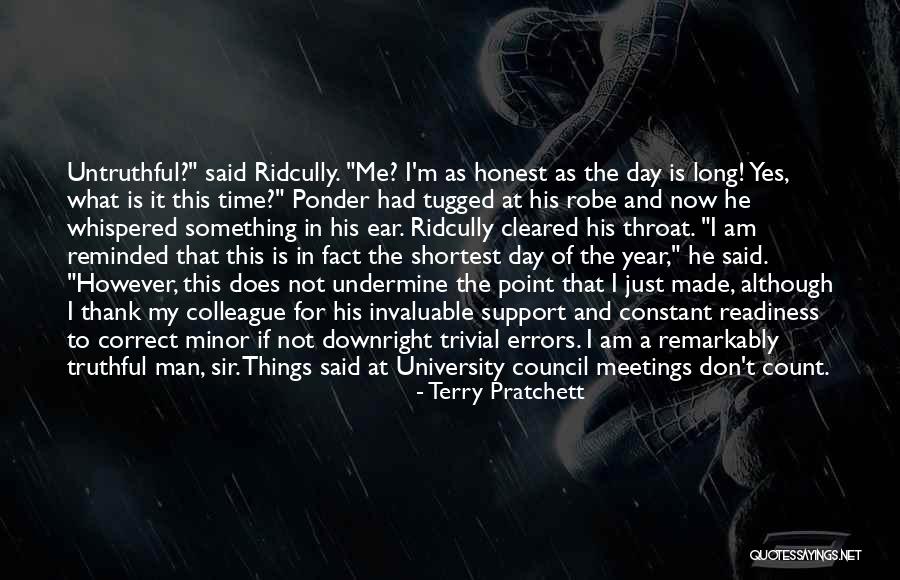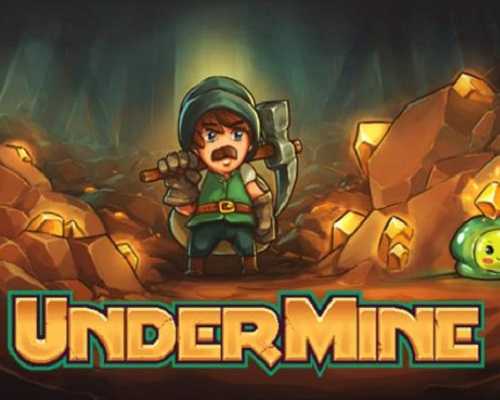

Remembering names can seem trivial in the greater scheme of things, but it can show that your agency is both committed and truly engaged with a client's business. Say this: "I spoke with Jane from marketing on Friday." Instead of: "I spoke with someone from your marketing department on Friday." At the end of the day, preserving the relationship trumps asserting your own correctness.ģ) Remember the names of your client’s staff, and use them often. Emphasize that you're all working towards the same goal, and you're here to ensure that everything goes smoothly. Instead of using "you,” make a concerted effort to keep yourself on the client's side of things. Assigning blame (even when you know you're right) is just going to undo your careful team positioning and make it more difficult to see eye to eye with your client on future projects. When it comes to navigating points of friction with a client, the best thing to do is avoid pointing fingers at all costs. Using "you" in a tense interaction draws a clear line in the sand - you versus me - immediately unraveling any precious progress you made aligning yourself on the client's team. Nothing intensifies a simple misunderstanding into a full-blown conflict like firing off a "Well, you said." in a client email.


Say this: " Based on our last email exchange, I was under the impression that those posts needed to be ready by Thursday. Instead of: "You told me that those posts needed to be ready by Thursday." 2) Limit your use of "you," especially in situations that have the potential to escalate into conflicts. This creates an "all for one" mentality that can improve the bond between your agency and the client, minimize conflicts down the line, and keep everyone on the same page when it comes to project goals and expectations. Using "we" fosters a collaborative discussion where you and your client are both on the home team. When you use "I" to discuss a task or a goal, it subtly positions your agency as a third party. Say this:" We can get to work on developing our buyer personas."Īt the end of the day, you and your client are both working towards the same thing: their success. Instead of: "I'll get working on developing your buyer personas." 1) Use "we" instead of "I" to position yourself as a member of the client's team. These seven shifts in the way you communicate with clients may seem inconsequential, but they can have a massive impact on the way your clients perceive your agency's value. When the emphasis is on plain text, the way you phrase your sentences and questions is more crucial than ever. But how do you nurture positive client relationships when face-to-face contact is more often than not replaced by inbox-to-inbox exchanges?


 0 kommentar(er)
0 kommentar(er)
